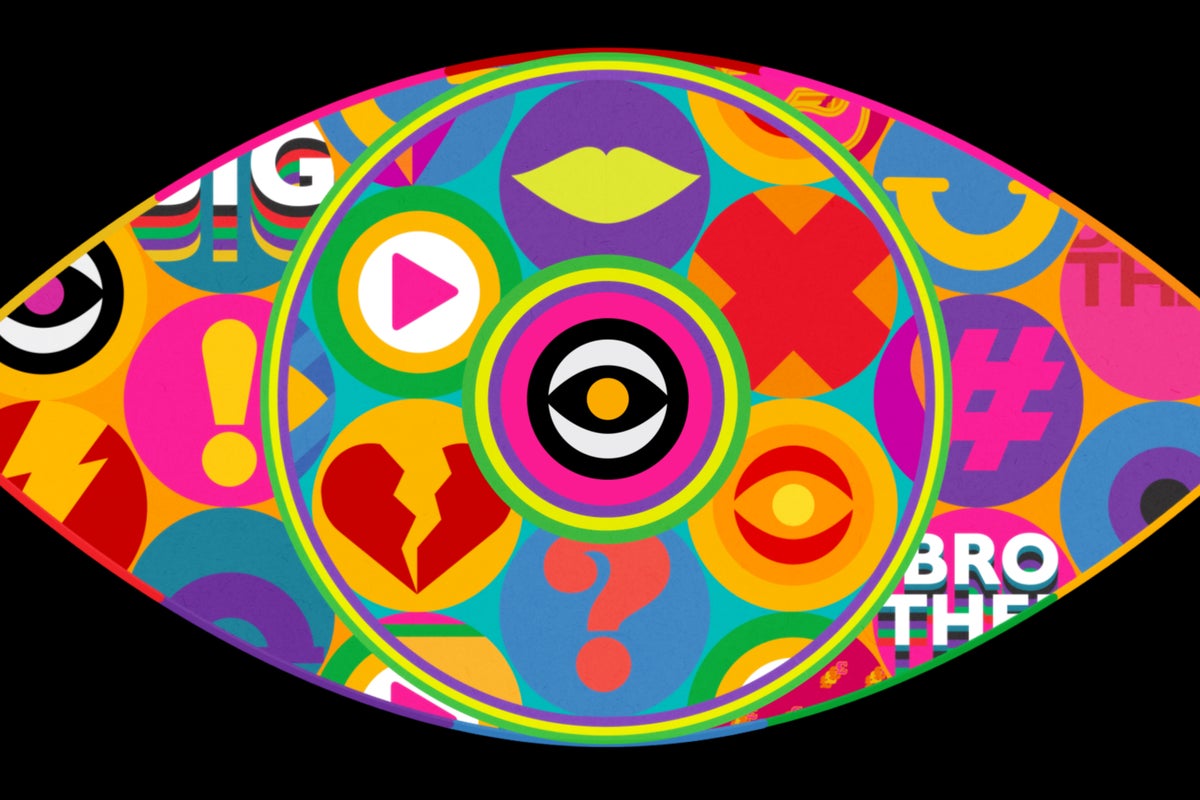
Big Brother’s new housemates will be trained on “respect and inclusion” and have access to mental health professionals, ITV has announced as it unveiled its duty-of-care guidelines for the rebooted series.
First airing in the UK in 2000, the reality TV show sees a group of strangers living in a house together while trying to survive being evicted at the hands of the public. The show originally aired on Channel 4, then moved to Channel 5 in 2011 before it was cancelled in 2018.
However, the show is being rebooted for a new series airing on ITV2 this month. Big Brother returns on Sunday (8 October) with AJ Odudu and Will Best as hosts.
On Tuesday (3 October), ITV released the comprehensive duty-of-care guidelines that will be in place for the new series. Many of these are similar to safeguarding measures introduced on dating show Love Island in recent years.
ITV introduced extensive mental health guidelines for Love Island castmates following the deaths by suicide of former islanders Sophie Gradon in 2018 and Mike Thalassitis in 2019, as well as former presenter Caroline Flack in 2020.
Before they enter the house, all Big Brother contestants will undergo psychological and medical assessments including assessments by an independent doctor, mental health professionals and information reports from their GP. They are also required to confidentially disclose any relevant medical information.
They will receive background checks, including on their social media, and will be informed of the possible positive and negative implications of appearing on the show.
Housemates will receive respect and inclusion training, and will be extensively briefed on the rules of the house and expectations of appropriate behaviour and language.
AJ Odudu and Will Best are the new hosts— (ITV)
In order to appear on the show, contestants must deactivate their social media accounts, putting them into “blackout” mode where their friends and family cannot manage them. This initiative was first introduced for the winter series of Love Island earlier this year.
As part of the show, all housemates will be assisted with an individual support plan that includes sessions with the show’s mental health professionals before entering the house, throughout their time in the house and once they are evicted.
These registered and experienced mental health professionals will assess and support the cast throughout the series and beyond. A dedicated welfare team will also be available to friends and family on the outside.
Once evicted, housemates will immediately receive a mandatory session with a mental health professional. Depending on each housemate’s needs, further support sessions will be provided until the mental health team have agreed an end date.
The head of welfare will provide support and ongoing contact for 14 months after the show has ended. The aim, ITV said, is “to ensure housemates are fully supported before, during and after their time in the Big Brother house”.
“The welfare of everyone involved in the making of the programme is of paramount importance and welfare protocols have been carefully considered to deliver robust assessment of suitability to participate, informed consent and support throughout the casting and filming process and beyond,” the guidelines read.
Dr Paul Litchfield, a Chief Medical Officer who independently reviews ITV’s duty of care protocols, said: “The measures applied to safeguard the mental health of contributors to reality TV shows have evolved considerably over the past five years. ITV has worked with the team at Banijay to share expertise and to ensure that current best practice is applied for the 2023 series of Big Brother.”
Big Brother returns on Sunday 8 October at 9pm on ITV and ITV2.







